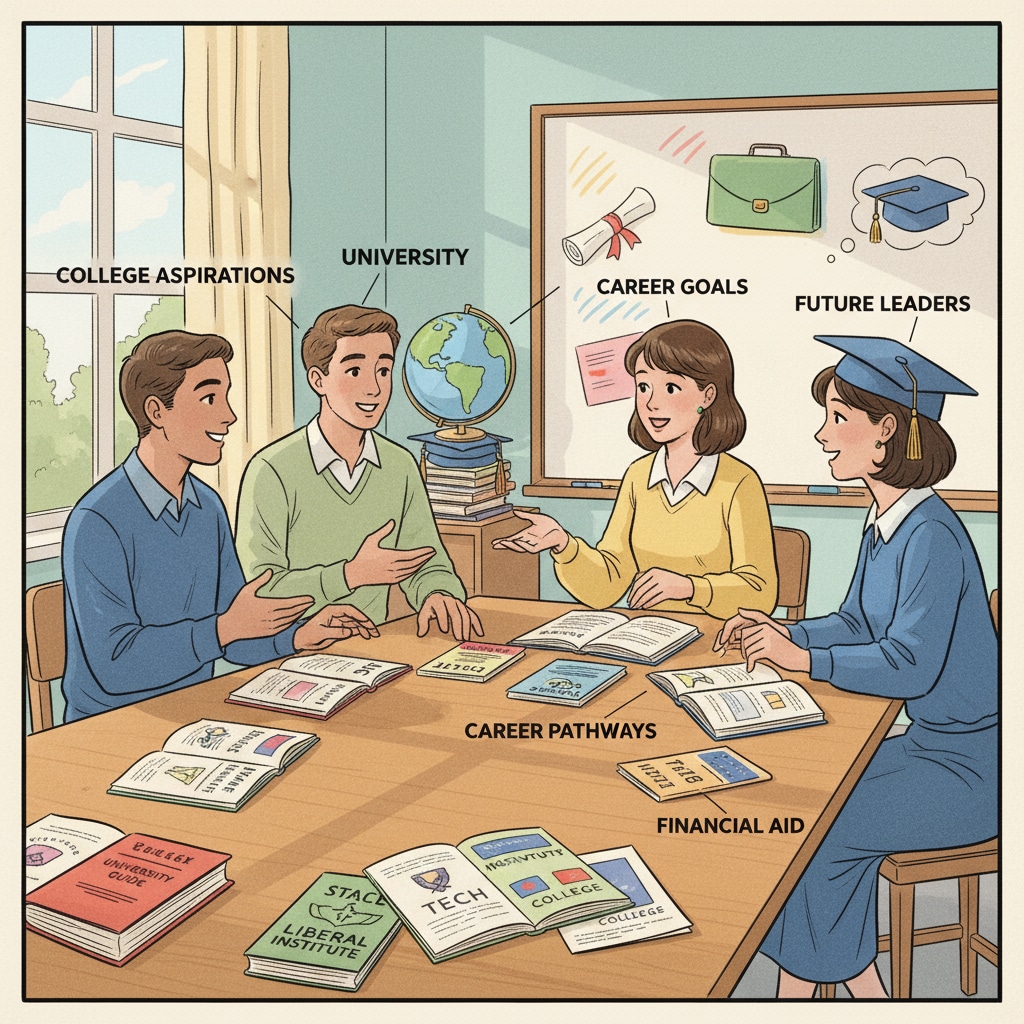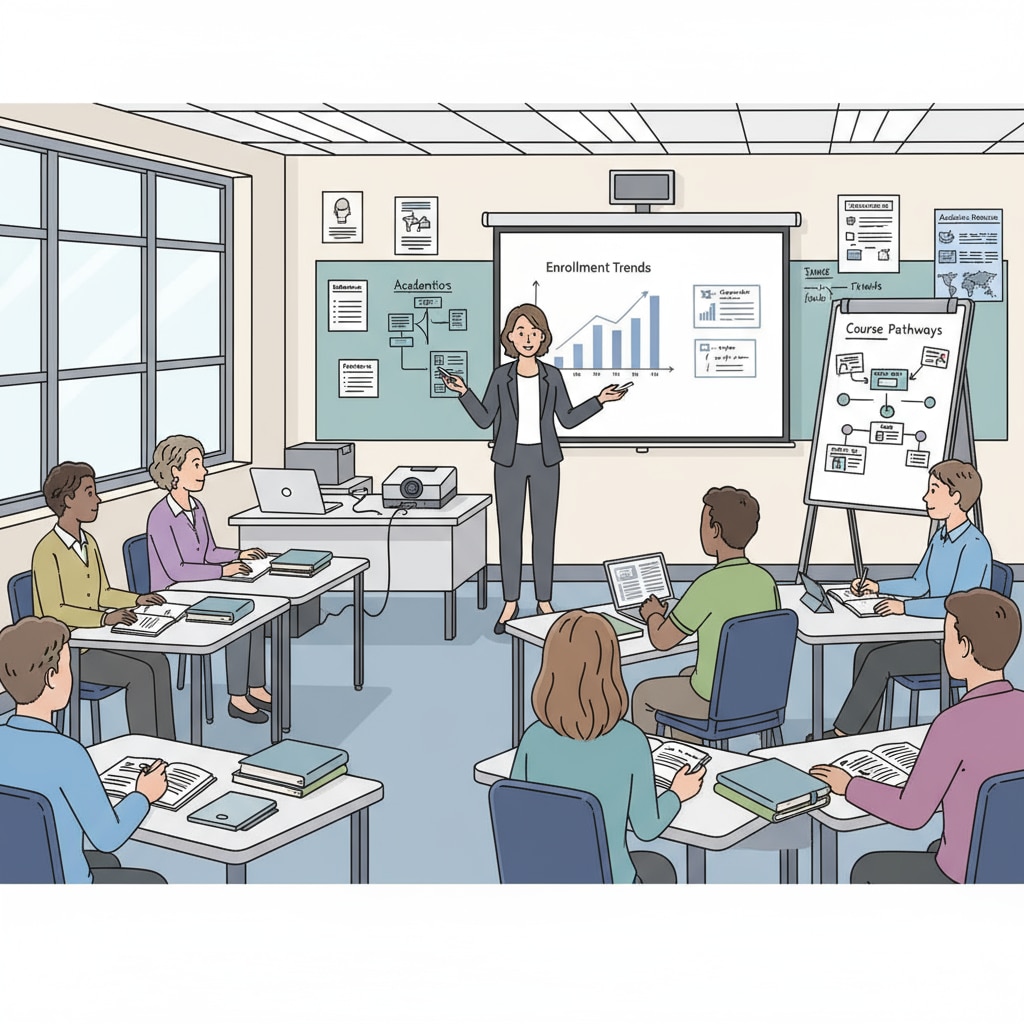Academic planning, college selection, and career development are pivotal aspects for high school graduates as they step into a new phase of life. Standing at this crossroads, students need well-thought-out strategies to chart their future.

For instance, understanding different educational paths is the first step in making informed decisions.
Educational Path Exploration
High school graduates have a plethora of educational paths to consider. Traditional four-year universities offer a broad-based education with a wide range of majors. However, community colleges can be an excellent starting point. They provide affordable education and the opportunity to transfer to a four-year institution later. According to Britannica, many students find community colleges a flexible option to explore their interests before committing to a more specialized degree. Technical and vocational schools are another viable choice, especially for those interested in hands-on, trade-oriented careers.

College Selection Criteria
When it comes to college selection, several factors come into play. Academic reputation is crucial. Research the college’s rankings, faculty qualifications, and the success rate of its graduates. Location also matters. Do you prefer a big city campus or a small-town environment? Additionally, consider the available majors. Ensure the college offers programs that align with your interests and career goals. As per Wikipedia, financial considerations are also significant. Look into scholarships, grants, and the cost of tuition and living expenses to avoid excessive student loans.
Another aspect to think about is the campus culture. Visit the campus if possible to get a feel for the environment, student organizations, and extracurricular activities. This will help you determine if you’ll fit in well.
Multi-Major Learning Possibilities
Many colleges now offer the option of double majors or minoring in multiple subjects. This can be highly beneficial for students. For example, if you’re interested in business and technology, combining a major in business administration with a minor in computer science can open up more career opportunities. It broadens your knowledge base and makes you more versatile in the job market. By taking courses in different disciplines, you develop a well-rounded skill set that employers often value.
Skills for Success
In addition to academic achievements, certain skills are essential for future success. Strong communication skills, both written and verbal, are vital in any career. Problem-solving and critical thinking abilities will help you tackle challenges in the workplace. Teamwork and leadership skills are also highly sought after. Participating in extracurricular activities, internships, or volunteer work can help you develop these skills. These experiences not only enhance your resume but also give you a better understanding of your interests and capabilities.
Readability guidance: The article uses short paragraphs and lists to summarize key points. Each H2 section provides relevant information in a clear and concise manner. Passive voice is minimized, and transition words are used throughout to enhance the flow of the content.


